There are few things that Mendocinos feel more strongly about than their malbec. The Argentine province on the nation’s western border with Chile is the world’s most prolific producer of this variety of red wine, a fact that has been hard to miss while I’ve spent my last two months in the provincial capital through a Dickinson study abroad program.
But a more profound taste here in Argentina, particularly among the university students I spend most of my time with, is a deep appreciation of democracy.
This is no small thing in a nation which celebrated the 40th anniversary of democratically elected governments this year, following years of brutal military rule.
In the 20th century, Argentina suffered five different coup d’états, and during each of the military governments that followed, students were a prime target. And why wouldn’t they be? Smart, free-thinking, organized groups of citizens are a serious threat to authoritarianism. In the most recent dictatorship, thousands of students were kidnapped and killed, or simply disappeared in a brutal campaign to wipe out dissidence.
And yet, in the shadow of that historic violence, the political will and democratic commitment of Mendoza’s university students and others throughout the country, is palpable. Democracy is built into their institutions: at public universities like the Universidad Nacional de Cuyo (UNCuyo), Dickinson’s partner school here, students vote for their department heads, deans of their colleges and all the way up to the university rector. No opaque board of trustees, faculty senate vote or mere rotational process can make those decisions for the students. They affect the students, so the students’ voices are heard.
We see evidence of students’ political participation on campus here every day. Speeches, demonstrations and political events, which can mean anything from a clothing fair to an impromptu concert, are commonplace, bringing together student groups to exercise the ever-important principles of free speech and democratic expression.
In a nation with a legacy of violence towards the politically active – one that continues today, just ask protestors this summer in Buenos Aires or Jujuy – and amid an economic crisis which has torn the job prospects of even students at top universities to shreds, it would be hard to blame Argentina’s student population for taking the easy way out. But, by and large, they do not..
The pro-democracy, pro-public education doctrine of the folks I have spoken to here faces an immense test this fall, as extreme libertarian presidential candidate Javier Milei led all vote-getters in the August primaries and stands a considerable chance in this month’s general election. His stance on the free, public education that Argentine students defend so strongly? He says, “the best possible system is one where every Argentine pays for his services.”
Not if the students can help it.
At the UNCuyo, the recent “Primavera Random Vol. 2,” roughly equivalent to our SpringFest at Dickinson, was not just a celebration of the music scene in Mendoza and the nice weather that spring has brought down in the southern hemisphere, but an outspoken defiance in the face of reactionary anti-democratic and anti-public education candidates like Milei. Unfortunately, I and the other Dickinsonians here did not attend because we were on our own adventures in Buenos Aires, but the event encouraged me nonetheless.
If there is a lesson in these observations for me, it is just how much power students have when we mobilize. My classmates here in Argentina recognize that power and wield it in the face of disturbing political headwinds and bad actors. We have, at times, done the same at Dickinson. The student movements that led to the 2020 Title IX reform and later that year to changes within DPS-student relations, are a few examples of that mentality on our own central Pennsylvania campus.
I don’t mean to suggest that we emulate the entire political environment that I see here at UNCuyo. Certain areas, such as medicine or law, for example, have conservative or apolitical student bodies, while partisan politics dominate the landscape more than a focus on any single issue, save perhaps for free and public education. But the mere fact that there is serious engagement and discourse on crucial issues and movement by the students to defend human rights and the public good gives me hope here. And that is something to shoot for back home.



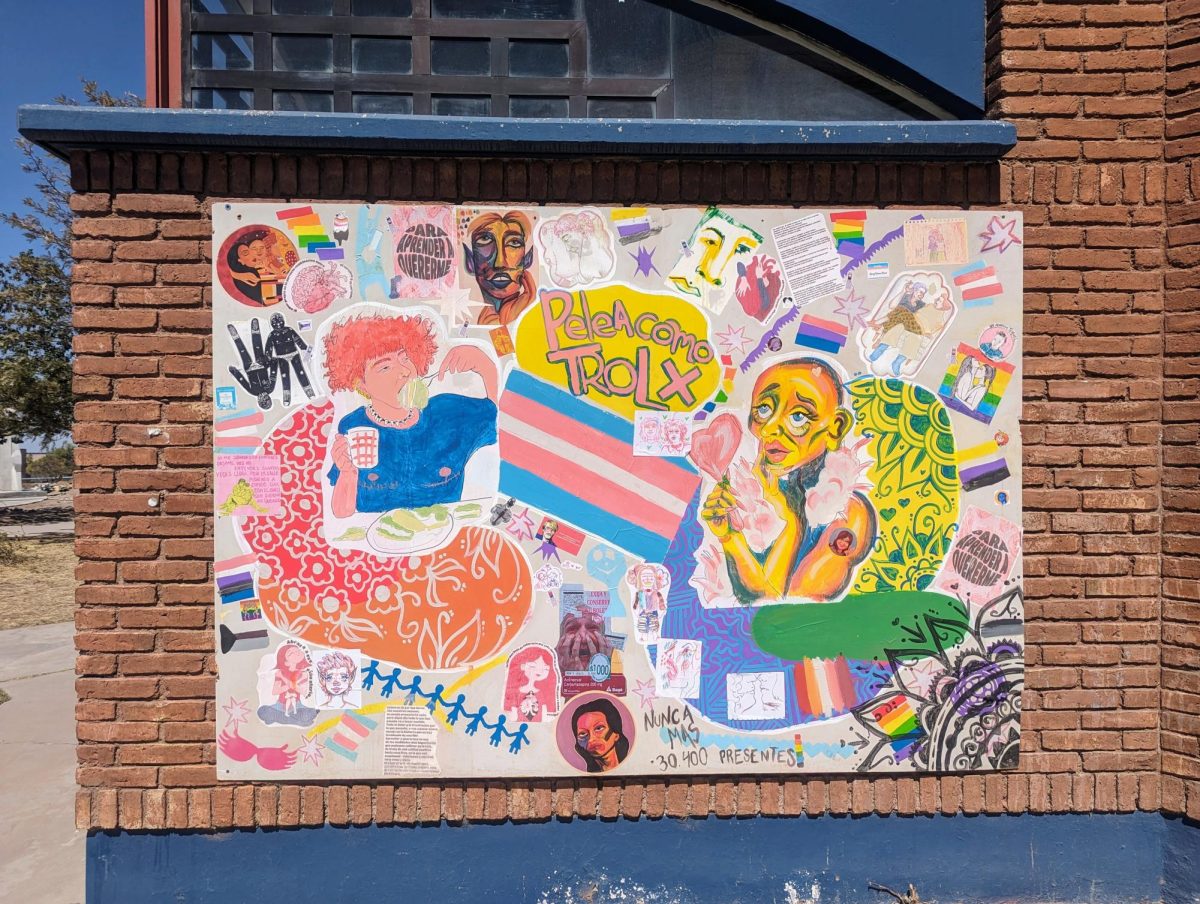
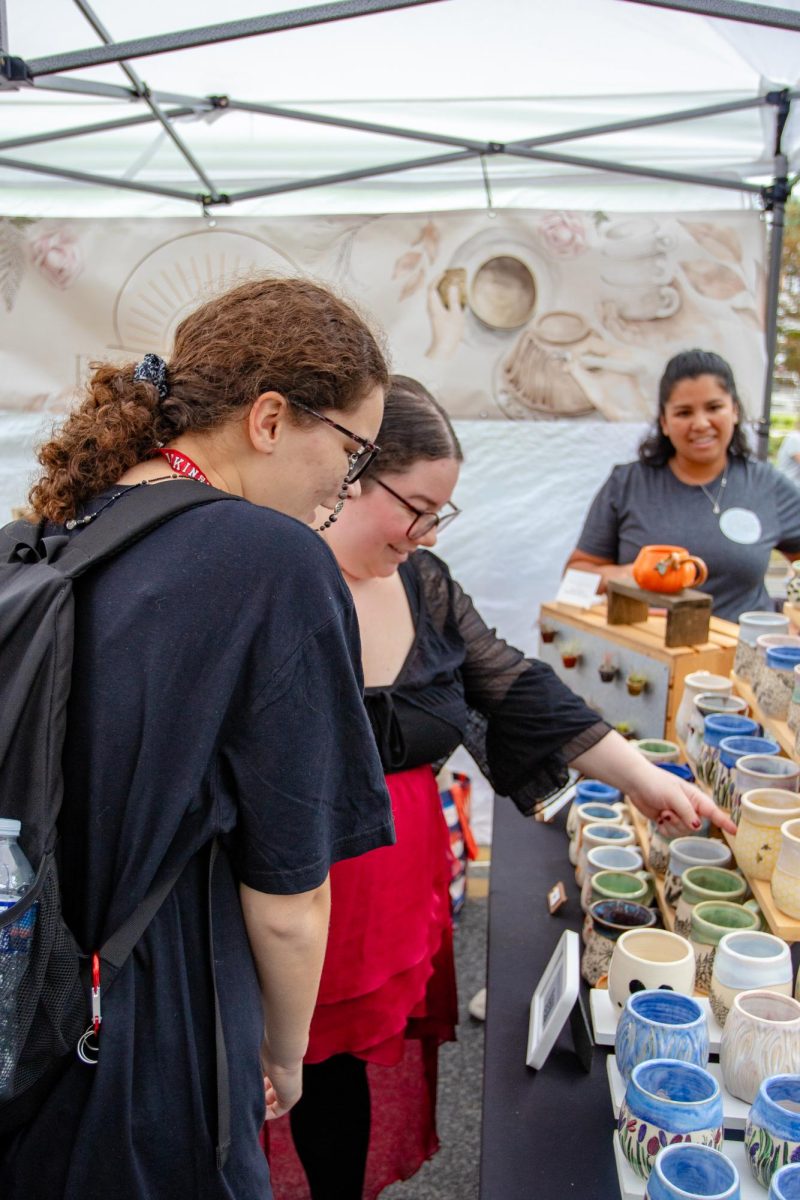
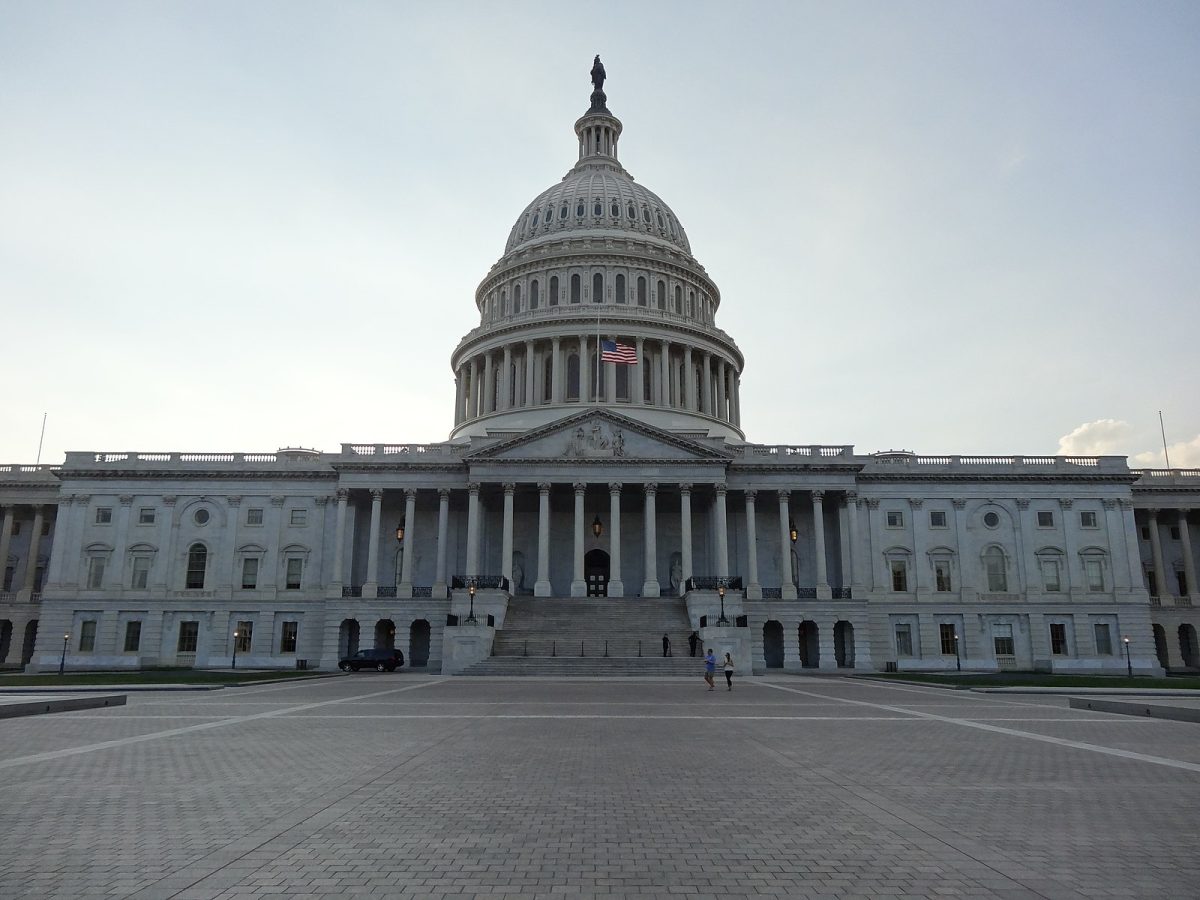
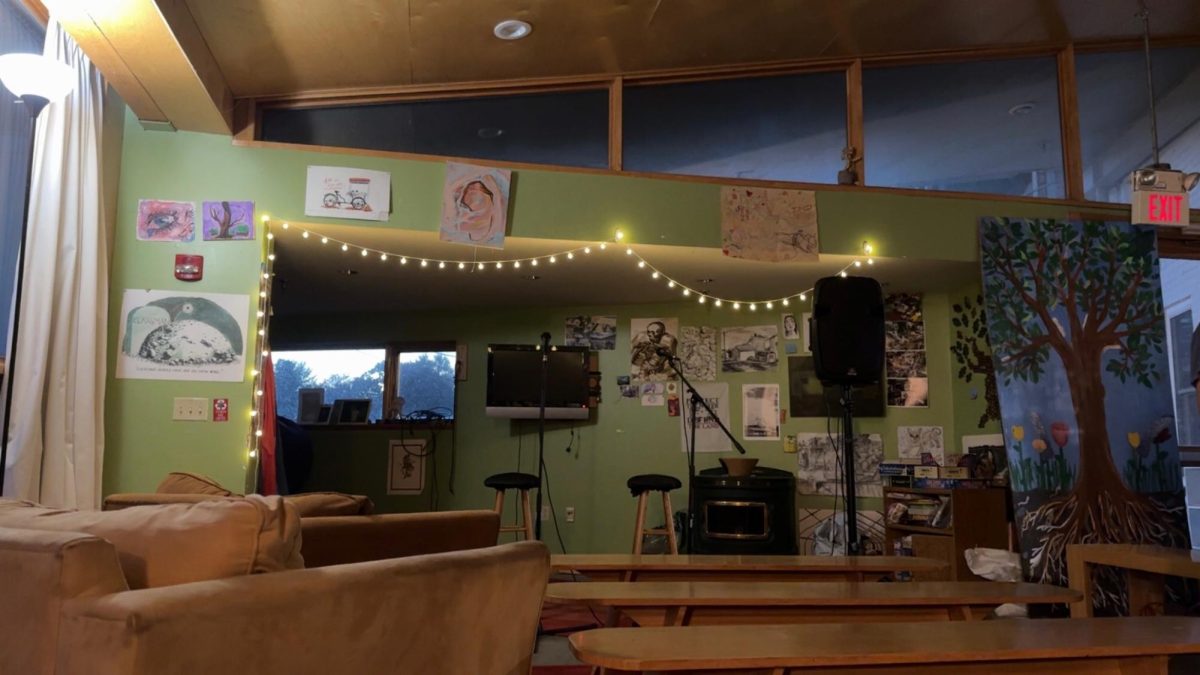
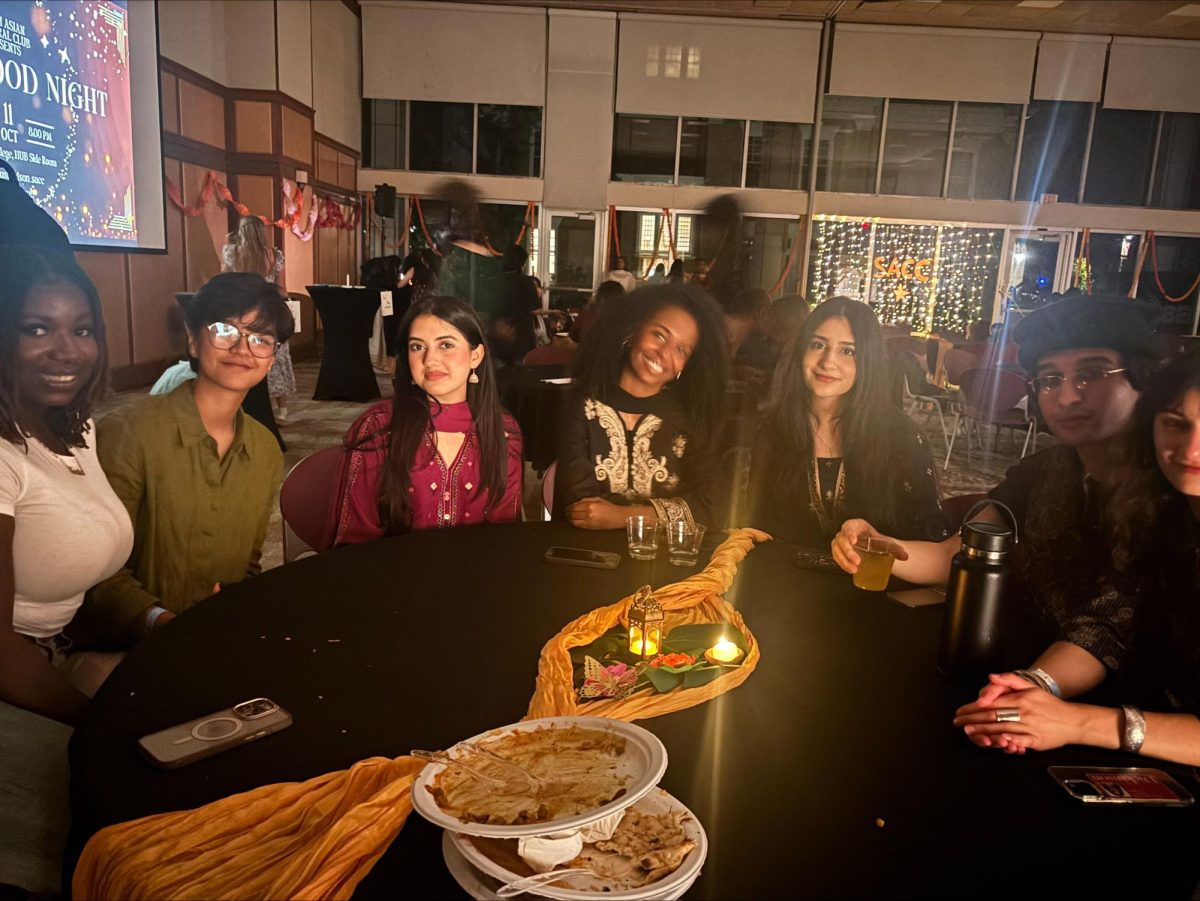
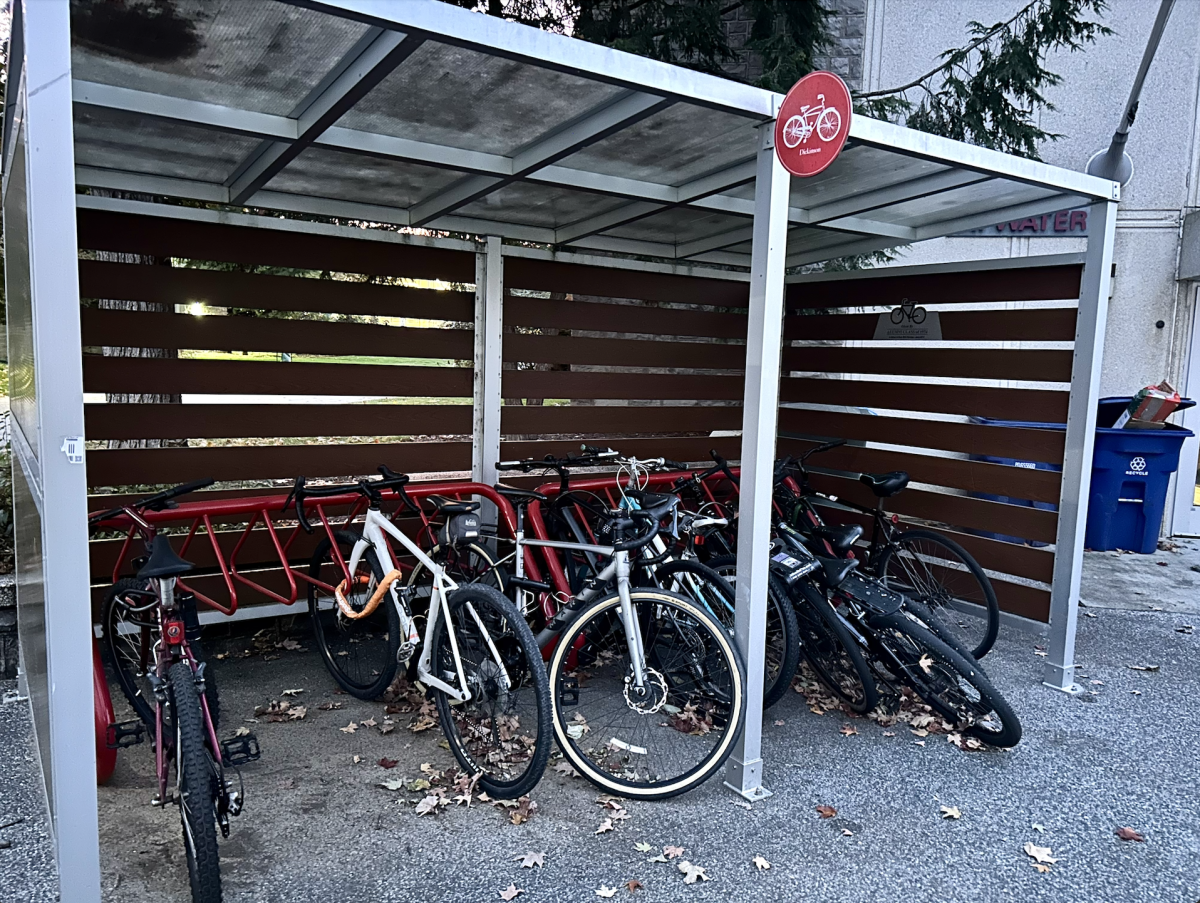
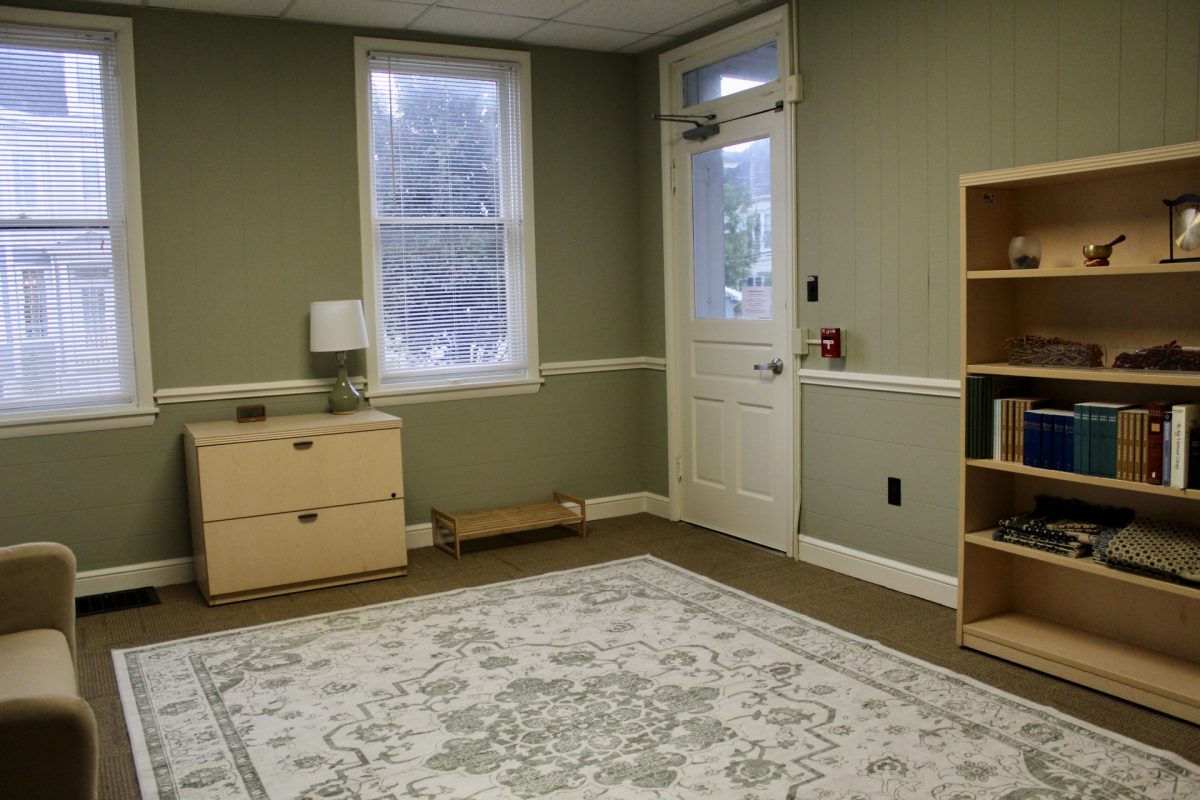
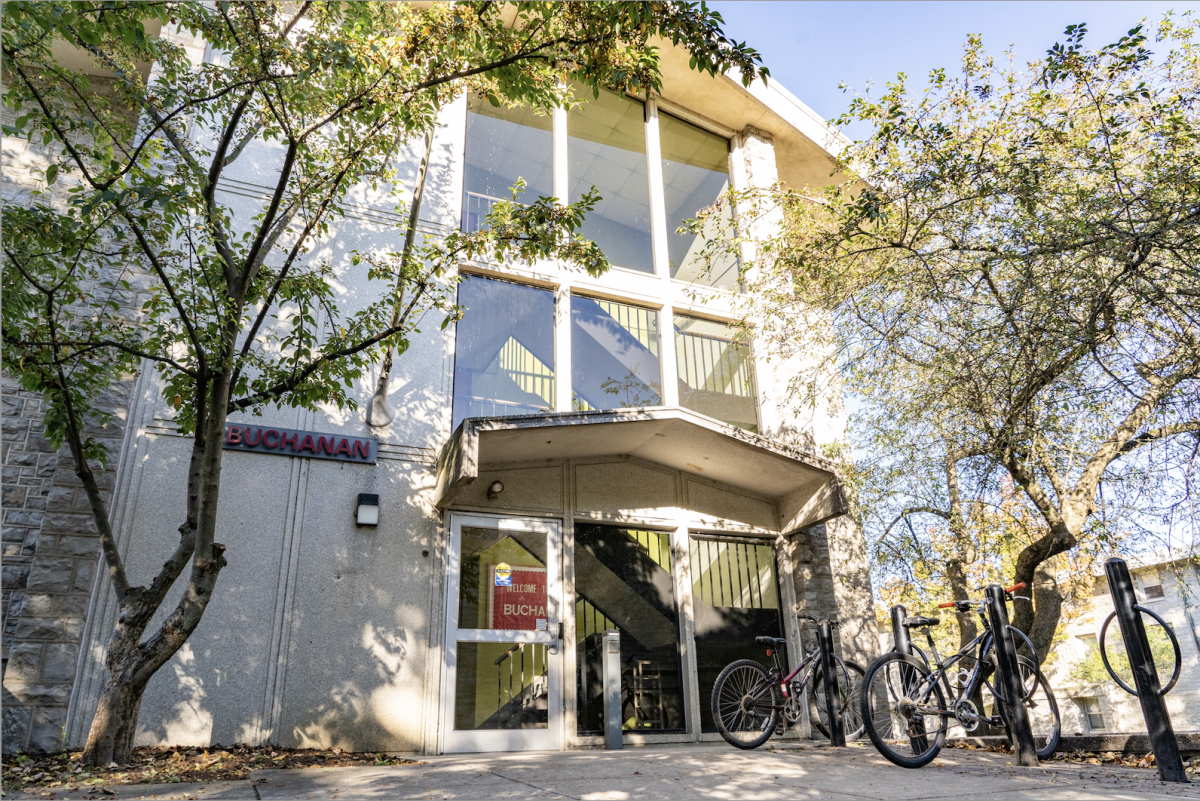
Alejandro • Oct 7, 2023 at 12:24 am
This feels like it’s electoral propaganda. Any serious consideration of the Argentine economy will inevitably conclude Argentina has some very tough choices to make. I’m all for free public tertiary education, but what good is that when no classes are held because the system is full of graft it can’t even perform its basic functions? Besides which, you can put all the statutory rights you want to paper and pass laws enshrining them, but if you think you’re gonna pay for them in money made out of ice cream…I don’t care how much righteous conviction you have, you can’t pay for education with melting ice cream. Pragmatism towards profound institutional reforms are clearly required – Milei may not be everyone’s preferred flavor, but clearly he’s the only candidate with anywhere near the necessary political capital to get any kind of deep reform done. People are desperate down there, they’ll vote for anyone who looks like they have the gumption to effectively do something, anything, to avoid another inflationary catastrophe. Why? Because when I was a kid, you’d go to the grocery store and put something in your cart as you shop, it would change price by the time you got it to the register. PEOPLE ARE TERRIFIED. They don’t care who it is, they’re just screaming for someone to do something while they still can.